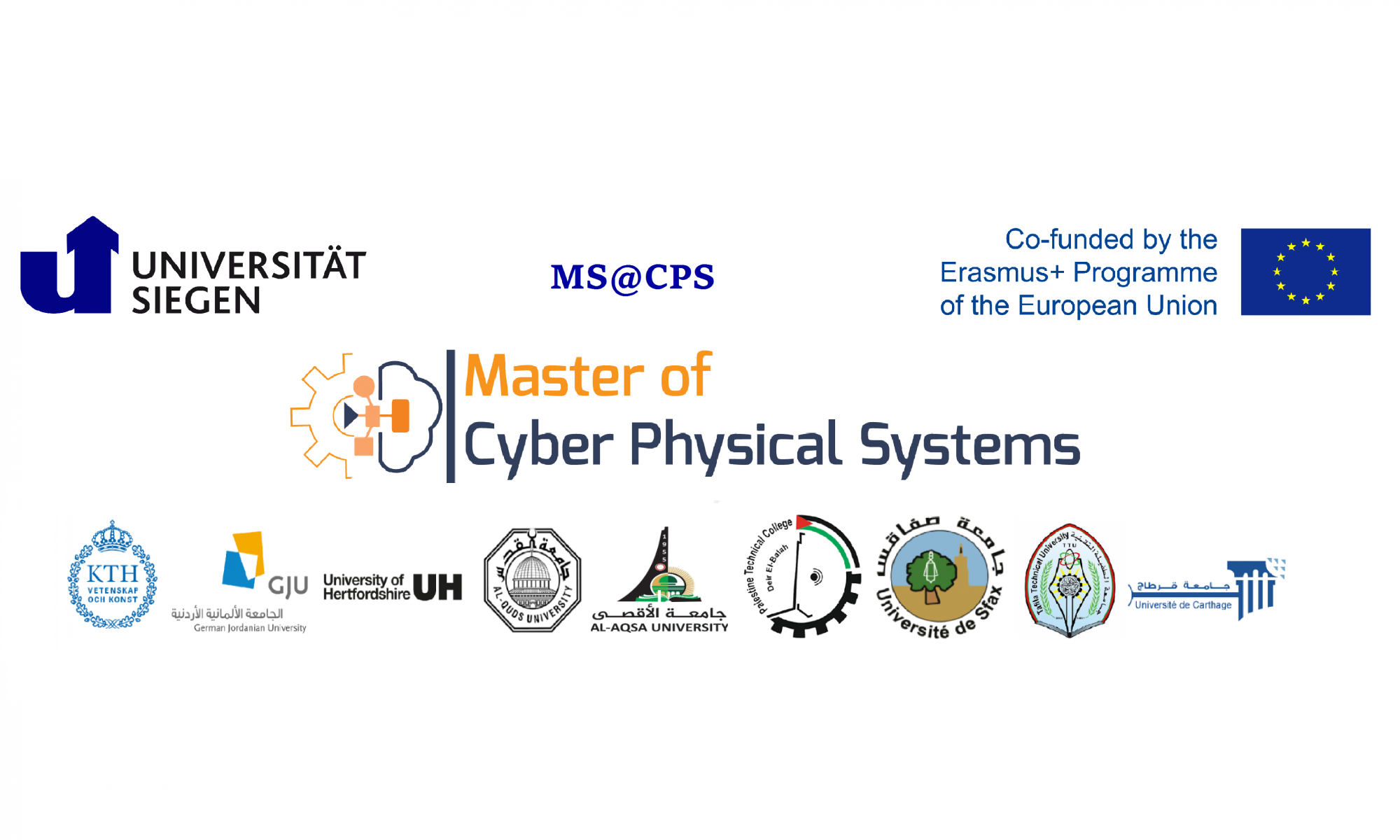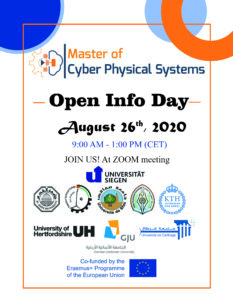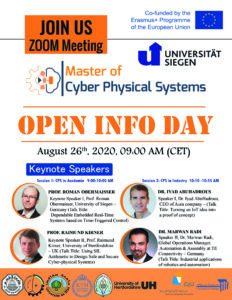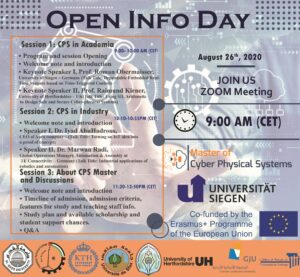On Wednesday, 26.08.2020, the MS@CPS project partners held an online open info day about the master program. The event was moderated by Palestine Technical College – Deir El-Balah with the presence of all partners. Dr. Ezzaldeen Edwan welcomed all keynote speakers and attendees. The NEO Director, Dr. Nedal Jayousi, the guest speaker, launched the event and explained that the NEO office supports the Palestinian partners of CBHE projects in Palestine and he praised the excellent share they won this year. Dr. Jayousi encouraged the project’s partners to sustain their work on the project during COVID-19 pandemic, as well as to work on getting accreditation as it lies within the priorities of the Palestinian Higher Education Strategic Plan. He encouraged the consortium to proceed with equipment purchase. The event included three consecutive sessions: the first session is “CPS in Academia” and it started with a talk given by Prof. Dr. Roman Obermaisser about Dependable Embedded Real-Time Systems based on Time-Triggered Control. The second keynote speaker Prof. Raimund Kirner talked about Using SIL Arithmetic to Design Safe and Secure Cyber-physical Systems. The second session “CPS in Industry”, started by Dr. Iyad AbuHadrous about turning an IoT idea into a proof of concept. Dr. Marwan Radi talked about the Industrial application of robotics and automation. In the last session, all consortium partners presented details about the master’s program at partner universities including a timeline of admission, admission criteria, features for study, teaching staff, study plan, and available scholarship and student support chances. During the event, the attendees raised a set of questions that were answered by the presenters.
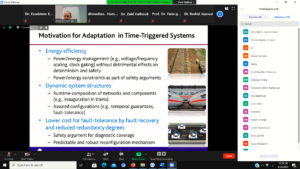 |
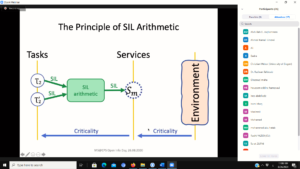 |
